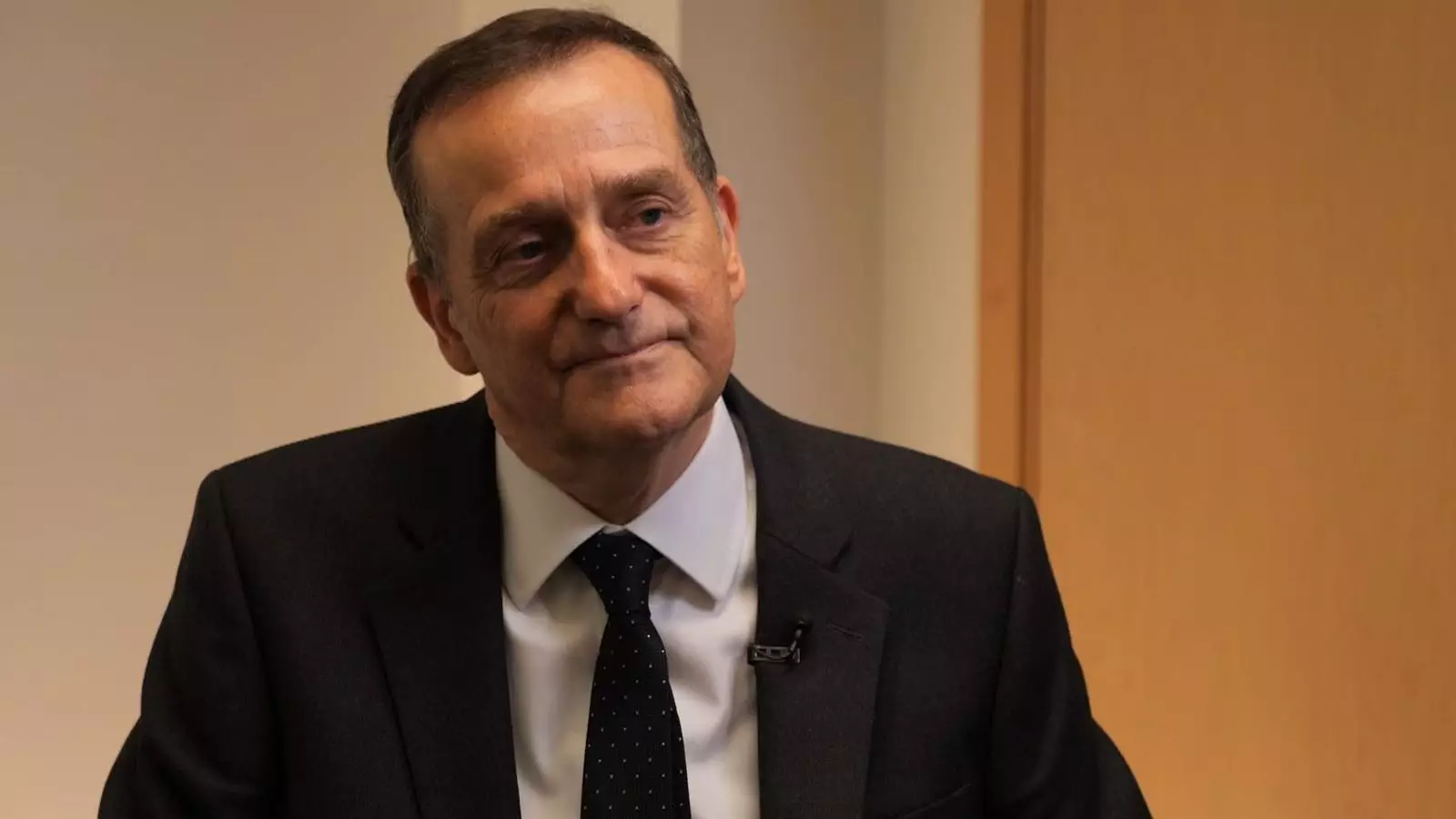In the landscape of England’s judicial system, the protracted backlog of rape and sexual offence cases has become a pressing issue, meriting urgent attention and action. Stephen Parkinson, the newly appointed Director of Public Prosecutions, has identified this backlog as “totally unacceptable,” recognizing it as a critical impediment to delivering justice for victims. He emphasizes that instead of merely discussing the statistics, it is crucial to grasp the profound emotional and mental toll these delays inflict on survivors. With some victims waiting, on average, an alarming 710 days from the initiation of a complaint to the conclusion of legal proceedings, it becomes overtly clear that the system is failing those it is meant to protect.
The ramifications of such enduring delays are multifaceted. Not only do they compromise the emotional well-being of victims, but they also significantly diminish their willingness to pursue justice. Victims often grapple with the haunting uncertainty of their cases, which can lead to feelings of hopelessness and the temptation to withdraw their allegations. Parkinson points out that defendants may exploit the sluggish pace of justice, banking on the hope that victims may reconsider their resolve to testify. This vicious cycle underscores the urgent need to re-evaluate and reform the judicial process.
In response to these challenges, Parkinson has introduced a survivor support programme aimed at transforming the experience of victims navigating the Crown Prosecution Service (CPS). By employing 40 new victim liaison officers, the goal is to establish a direct line of communication between survivors and the CPS. These officers are tasked with convening pre-trial meetings, either face-to-face or virtually, to offer clarity and reassurance to those embroiled in often disheartening processes. This initiative is notable not just for its immediate objectives, but for its potential to foster a more compassionate and supportive environment for survivors.
Charlotte Caulton-Scott, who heads the rape and serious sexual offences unit within the CPS, has acknowledged that the organization’s previous support mechanisms have fallen short. Throughout her tenure, she has encountered direct feedback from victims that has prompted a reevaluation of how the CPS approaches its role in prosecuting such sensitive cases. Admitting that the organization has previously been perceived as “faceless,” Caulton-Scott is now focused on evolving the CPS into an entity that communicates with empathy and offers substantial support to victims throughout their legal journey.
While the newly introduced support programme marks a step in the right direction, some survivors’ advocates and charities remain skeptical about its effectiveness in producing significant change. Raffy Elliston, a sexual violence adviser at the charity Solace, lauds the initiative as a favorable move yet is quick to underline that it might not adequately address the deeper, systemic issues at play. According to her, the sheer magnitude of the backlog necessitates more profound actions, such as the establishment of specialist courts and an increase in the number of judges and legal counsel dedicated to these cases.
Critics argue that without confronting the backlog head-on with robust solutions, such as banning disruptive last-minute adjournments, these efforts risk being superficial gestures rather than genuine reforms. It appears evident that meetings with a liaison officer alone cannot assuage the anguish inflicted by an overwhelmed judicial system.
The Road Ahead: What Needs to Change
As we look to the future, the challenges facing England’s judicial system will require cohesive and committed action from all stakeholders involved. The Criminal Bar Association anticipates that the backlog of criminal cases could escalate to 80,000 by March 2025 if effective changes are not implemented promptly. This looming crisis demands innovative solutions, a collaborative effort to enhance communication between victims and legal entities, and the establishment of a judicial framework that alleviates the burdens enduring on survivors.
For true progress to be made, it is paramount that the CPS and related organizations move beyond superficial measures and address the underlying structural issues contributing to the backlog. The judiciary’s commitment to justice must translate into actionable strategies that prioritize victims, restore trust in the legal system, and ultimately ensure that those who seek justice are met with a timely and empathetic response. Only then can real change be achieved in the face of an enduring backlog that threatens the very foundations of fairness within the judicial system.


Leave a Reply